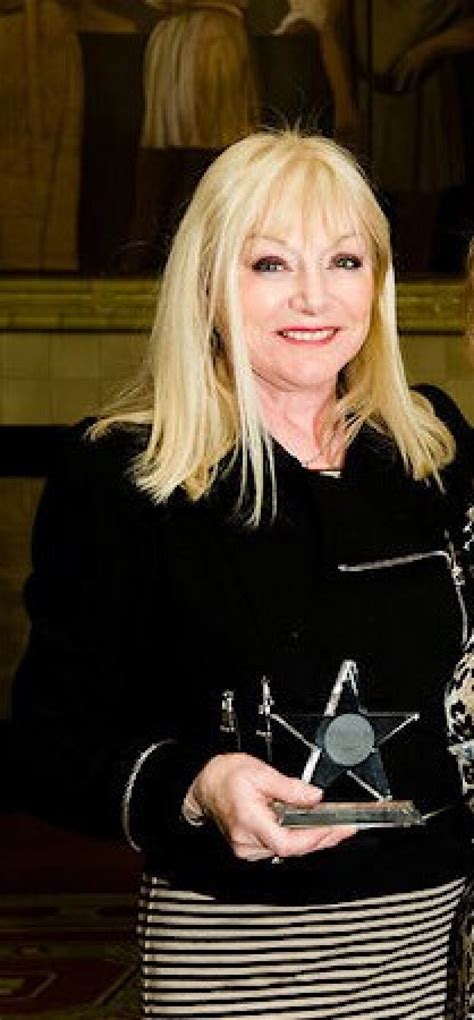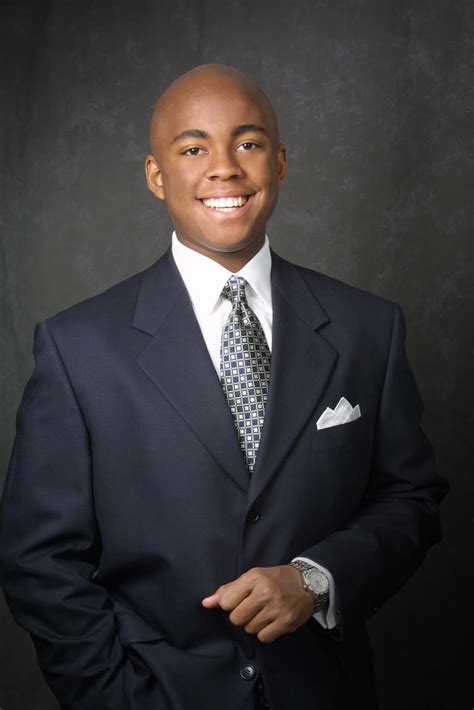A Quote by Penny Jordan
There are two questions that you ask yourself as a writer, and one of them is, 'But why?' The question that takes the book forward is, 'What if? What if x y or z happened? How would those characters react?'
Related Quotes
The mathematical question is "Why?" It's always why. And the only way we know how to answer such questions is to come up, from scratch, with these narrative arguments that explain it. So what I want to do with this book is open up this world of mathematical reality, the creatures that we build there, the questions that we ask there, the ways in which we poke and prod (known as problems), and how we can possibly craft these elegant reason-poems.
Every once in awhile, find a spot of shade, sit down on the grass or dirt, and ask yourself this question: “Do I respect myself?” A corollary to this question: “Do I respect the work I’m doing?” If the answer to the latter question is NO, then the answer to the former question will probably be NO too. If this is the case, wait a few weeks, then ask yourself the same two questions. If the answers are still NO, quit.
In 'Me Before You,' the two characters popped into my head fully formed, which is really strange and unusual. Other books, I sit on them for two or three months. I have a whole routine: I buy a nice book; I hand-write all their characteristics. I put them through little tests just to see how they would react to things.
If you ask a living teacher a question, he will probably answer you. If you are puzzled by what he says, you can save yourself the trouble of thinking by asking him what he means. If, however, you ask a book a question, you must answer it yourself. In this respect a book is like nature or the world. When you question it, it answers you only to the extent that you do the work of thinking an analysis yourself.
Ask how you’d live your life differently if you knew you were going to die soon, then ask yourself who those people you admire are and why you admire them, and then ask yourself what was the most fun time in your life. The answers to these questions, when seen, heard, and felt, provide us with an open doorway into our mission, our destiny, our purpose.
I get letters from two kinds of readers. History buffs, who love to read history and biography for fun, and then kids who want to be writers but who rarely come out and say so in their letters. You can tell by the questions they ask - How did you get your ?rst book published? How long do you spend on a book? So I guess those are the readers that I'm writing for - kids who enjoy that kind of book, because they're interested in history, in other people's lives, in what has happened in the world. I believe that they're the ones who are going to be the movers and shakers.
And one day we must ask the question, "Why are there forty million poor people in America?" And when you begin to ask that question, you are raising questions about the economic system, about a broader distribution of wealth. When you ask that question, you begin to question the capitalistic economy.
Make sure your characters are worth spending ten hours with. That’s how long it takes to read a book. Reading a book is like being trapped in a room for ten hours with those characters. Think of your main characters as dinner guests. Would your friends want to spend ten hours with the characters you’ve created? Your characters can be loveable, or they can be evil, but they’d better be compelling. If not, your reader will be bored and leave.
The question I ask myself when adapting a book is how do I be true to the spirit and soul of the character? How would I describe this character in my medium? If you asked one person to do a painting of something and another to create a sculpture of it, you'll never ask, 'Why doesn't the painting look like the sculpture?'





































